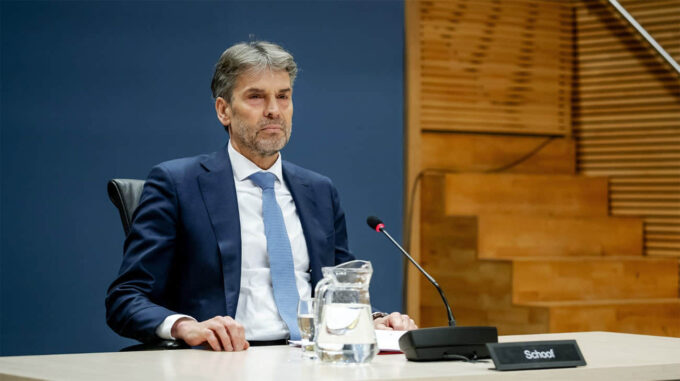The Dutch Prime Minister warns: Russia could start a new war in Europe within a few years

As the conflict in Ukraine continues to escalate, new alarming warnings about future threats to European security are emerging. One of the most prominent is the statement by Dutch Prime Minister Mark Rutte, who expressed concerns about the potential beginning of another war involving Russia in the near future. According to him, Moscow is already ramping up its military capabilities and, in a few years, could initiate a new aggression against the northern countries of the European continent. In a comment published on the "European Pravda" website, citing data from the NOS television channel, the Dutch prime minister emphasized that these concerns are not an attempt to scare the population but are based on concrete grounds. He noted: "We cannot deny that Russia may, in a few years, reach a level of development and capabilities sufficient for a large-scale new aggression. It is entirely possible that this conflict could flare up again in Europe." At the same time, Rutte stressed that nothing can currently be said with certainty, as no definitive decisions have been made, but we must be prepared for any scenarios. The politician highlighted that in order to prevent possible destabilization, coordinated actions with European allies are necessary—and that is exactly what the Dutch government is doing in close cooperation with other countries in the region. "We need to strengthen our military capabilities to the maximum and ensure a unified defense stance, so we are ready for any surprises," he said. The growth of Russian military activity near the Finnish border is becoming one of the main signs of tension in the region. Notably, there is construction of new railway lines and reinforcement of military infrastructure close to EU borders. This raises concerns that Moscow is seeking to increase its presence and potentially create conditions for new conflict scenarios in the region. Furthermore, the situation in the Baltic countries and Finland, which have previously indicated intentions to accelerate their defense measures, has become another factor of heightened tension. Recent decisions by these countries to withdraw from conventions banning anti-personnel mines, along with their general strategy to strengthen military potential, indicate serious intentions to bolster defenses amid warnings of possible aggressive actions by Russia. At the same time, experts emphasize that the risk of a new war in Europe remains high and requires consolidated efforts by the entire European community. They call on regional leaders to enhance cooperation, increase military collaboration, and create mechanisms for rapid response to any threats. In today’s geopolitical context, only joint efforts can prevent large-scale conflicts and maintain peace on the continent. It is evident that the Dutch Prime Minister’s warning serves as a signal to all European governments to consider various scenarios and prepare to defend their citizens and sovereignty if the situation worsens. History has shown that preventive measures and readiness are far more crucial than reacting after military actions have begun. Currently, there are real reasons to believe that Europe must be on high alert to prevent a repeat of conflicts that have shattered millions of lives in the past.

